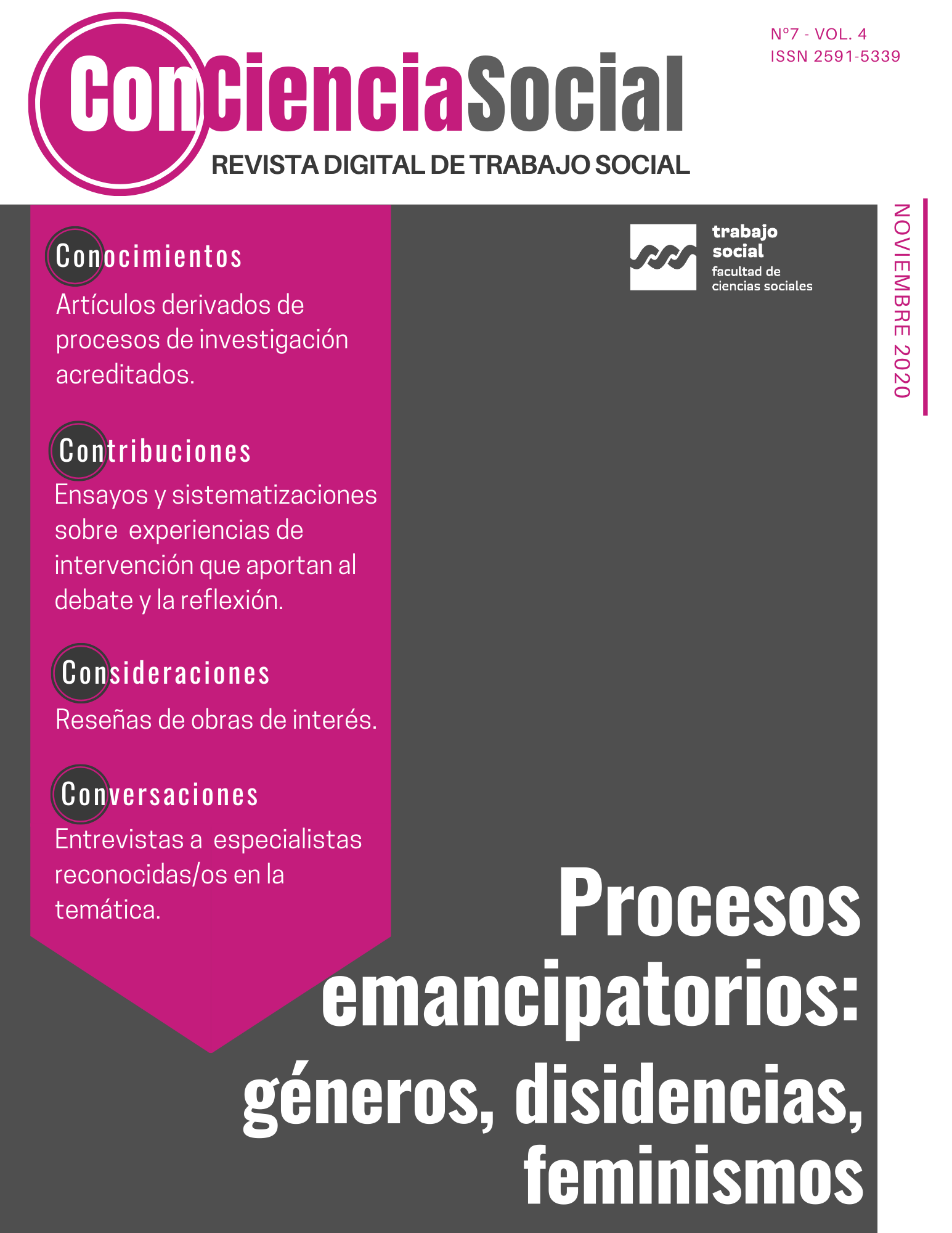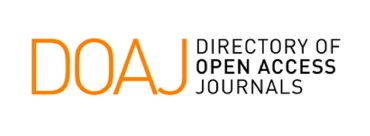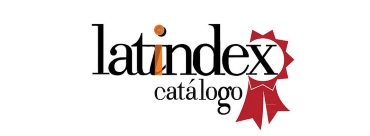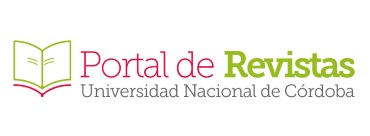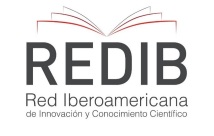Editorial
La fuerza de la interpelación
Keywords:
numero 7, feminismos, disidencias, género, editorialAbstract
In late 2019, the government headed by Alberto Fernandez and Cristina Fernandez de Kirchner created the Ministry of Women, Gender and Diversity, giving ministerial status to policies aimed at addressing the many demands that the feminist and LGBTIQ+ movement has historically held in Argentina.
The consolidation of the demands of the different strands of the Feminist Movement in the public arena is due to its massification into two fundamental social milestones: firstly, the Ni una menos - which emerged in 2015 to demand responses to violence against women and the LGBTIQ+ community and its most serious and visible consequence, femicide and transvesticide - and the March 8 women's strike, which was consolidated as a global demand for responses to the multiple domestic and care tasks assigned to women in the name of love. Secondly, during the years 2018 and 2019, as a result of a long struggle undertaken by the National Campaign for the Legalization of Safe and Free Abortion, the great Green Tide movement was expanded and consolidated, allowing the visibility of a debate historically postponed by society as a whole: the free decision on women's bodies and the bodies with the capacity to gestate.
With what has been said, we want to emphasize that it is the feminist movement that has put the demands of women and the LGBTIQ+ community on the agenda, challenging the State and society as a whole. The youth had a vital responsibility in this process, by generating support and mass support in the instances of extended interpellation. Songs, handkerchiefs, poetry, art and interventions of all kinds were part of the stage built as a pedagogy for the movement and for society in general.
Within the framework of these great events, shortly after the creation of the Faculty of Social Sciences of the National University of Córdoba, the need to have a magazine linked to our professional work and to the political sense that governs the orientation of our institution: to think, learn and act in context was noted. This premise has been our guiding light to incorporate debates and generate new inclusive frameworks within the current hetero-patriarchal academic system of scientific publications. This is how journalist Marisa Kohan defines it, who, averaging the first semester of the current year -when the pandemic was declared- warned about the collapse of women and LGTBQ+ community publications. The journalist consulted editors of specialized magazines who said that not only are they the least cited in the media, but also they are forced to face their work, making it compatible with another triple responsibility, hardly shared: care, teaching and housework. Likewise, there have been from zero to few modifications in the scientific systems linked to research during the pandemic, since the reality of many of its researchers has not been contemplated, which adds to the situation of pre-existing inequity.
In this way, we discuss that accompanying the feminist movement from our places of insertion implies rethinking our own practices. We thus initiated a rich debate regarding inclusive language, being one of the pioneers in incorporating it into the guidelines for authors. At first sight it seems a simple technicality but this transformation of language and its formalization in spaces of scientific popularization produces the effect that certain intentional absences emerge taking on a voice and a body of their own.
As a result of these reflections, we present this issue that contains a variety of articles that address the different intersections that those of us who face our daily experience with those emerging from a heteropatriarchal macho system that is built on the basis of inequities and inequalities have.
These inequalities are based on the privileges of sexual caste that heterosexuality and machismo constructed as the basis of the stereotyped binomial of man and woman, depreciating under the feminine sign everything that falls outside the hetero(cis)norma, as Kate Millet pointed out.
Under this understanding, we undertook the task of cooperating to show some of the effects produced by this social configuration, contributing to its visibility and problematization, but now in a feminist key. This is how the call for issue number 7 of our magazine, entitled "Emancipatory processes: Genders, dissidences, feminisms", emerged, with the hope of cooperating with the production of those transformations capable of undermining gender inequalities.
The launch of this issue finds us facing an unprecedented situation of global pandemic product of COVID-19, which prepared us to the isolation and social distancing to prevent the transmission of the virus. These measures have shown, once again, that gender violence continues to be part of a central problem that, in the face of social, preventive and obligatory isolation and alienation, intensifies its effects on all those bodies read as feminine by the heterosexist system of our society. Thus, we see every day how new feminicides are produced in different cities of Argentina, added to the worsening of the processes of feminization of poverty, causing alarming levels of obstacles to access to basic goods such as food, food and/or health.
The horizon is not promising and the effort to include is insufficient. We have to go to the bone of this system to question it and transform it. From our humble place, we intend to contribute to the necessary ruptures so that the articles that we present - and that are generously proposed to us by the different authors -, are part of the transformations that our society needs.
Downloads
References
-
Downloads
Published
Issue
Section
License
Copyright (c) 2020 Gabriela Artazo

This work is licensed under a Creative Commons Attribution-ShareAlike 4.0 International License.
Aquellos autores/as que tengan publicaciones con esta revista, aceptan los términos siguientes:Los autores/as conservarán sus derechos de autor y garantizarán a la revista el derecho de primera publicación de su obra, el cuál estará simultáneamente sujeto a la Licencia de reconocimiento de Creative Commons que permite a terceros:
Compartir — copiar y redistribuir el material en cualquier medio o formato
Adaptar — remezclar, transformar y construir a partir del material para cualquier propósito, incluso comercialmente.
La licenciante no puede revocar estas libertades en tanto usted siga los términos de la licencia.Los autores/as podrán adoptar otros acuerdos de licencia no exclusiva de distribución de la versión de la obra publicada (p. ej.: depositarla en un archivo telemático institucional o publicarla en un volumen monográfico) siempre que se indique la publicación inicial en esta revista.
- Se permite y recomienda a los autores/as difundir su obra a través de Internet (p. ej.: en archivos telemáticos institucionales o en su página web) después del proceso de publicación, lo cual puede producir intercambios interesantes y aumentar las citas de la obra publicada. (Véase El efecto del acceso abierto).
Los derechos de explotación comercial (Copyrigth) quedan reservados para los autores.

